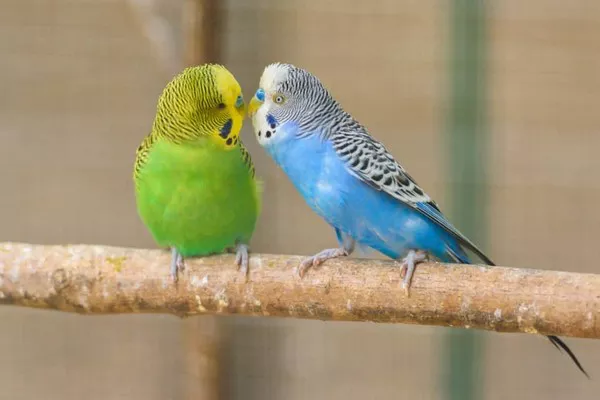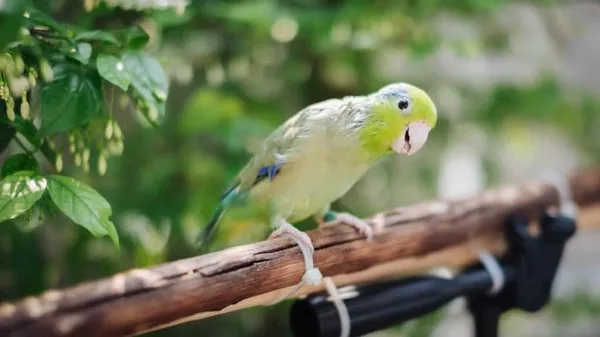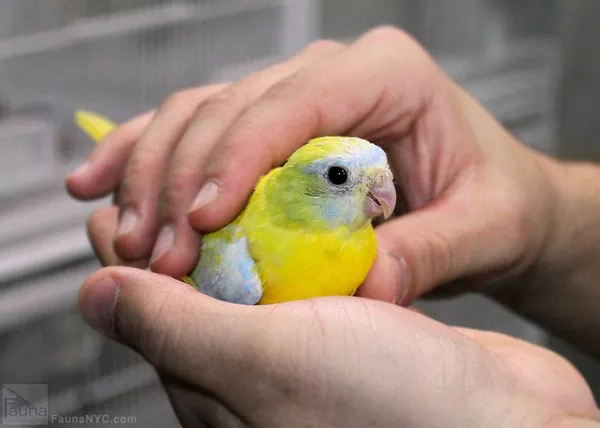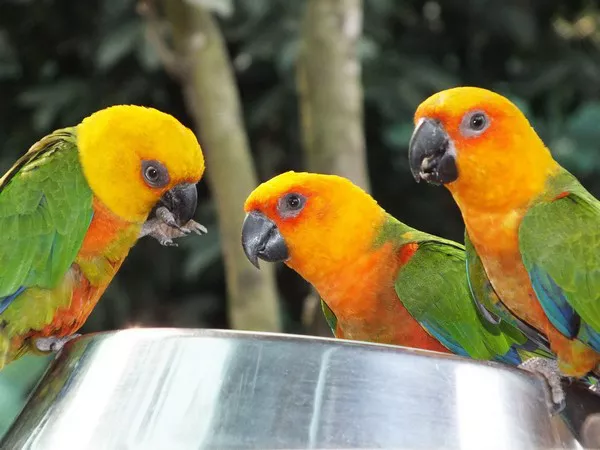Cockatiels, with their charming personalities and distinctive crests, have become beloved companions in countless households around the world. As potential pet owners consider bringing these feathered friends into their lives, a common question arises: How long does a cockatiel live? The lifespan of a cockatiel is influenced by a variety of factors, ranging from genetics to diet, environment, and healthcare. In this article, we will explore these factors in-depth to provide a comprehensive answer to the question and offer guidance on how to ensure the optimal longevity and well-being of your cockatiel.
Genetics and Species Variations
The lifespan of a cockatiel can vary depending on genetics and species variations. Typically, wild cockatiels have a shorter lifespan compared to those kept as pets due to the challenges and dangers of the wild environment. Wild cockatiels may live around 10 to 14 years, while their captive counterparts tend to have longer lifespans of 15 to 20 years or more. Genetic factors inherited from parents play a significant role in determining how long a specific cockatiel may live.
Diet and Nutrition
Proper diet and nutrition are vital contributors to the longevity and health of cockatiels. A well-balanced diet should consist of high-quality pellets, fresh vegetables, fruits, and occasional treats. Seeds should be offered in moderation, as an excessive seed-based diet can lead to obesity and health issues. Providing a diverse and nutritionally rich diet not only helps prevent diseases but also supports overall well-being, potentially extending the cockatiel’s lifespan.
Environmental Factors
The environment in which a cockatiel lives greatly impacts its lifespan. A spacious cage that allows for exercise and exploration is essential. Cockatiels are social birds and thrive in environments where they can interact with their human companions and other birds, if possible. Avoid exposing cockatiels to extreme temperatures, drafts, and toxic substances. Providing mental stimulation through toys, perches, and interactive activities contributes to their overall happiness and longevity.
Healthcare and Veterinary Care
Regular veterinary check-ups are crucial for maintaining a cockatiel’s health and detecting any potential issues early on. Cockatiels are skilled at hiding signs of illness, so a yearly check-up can catch problems that might otherwise go unnoticed. Maintaining good hygiene within the cage, providing fresh water daily, and paying attention to any changes in behavior, appetite, or droppings are important aspects of healthcare management.
Social Interaction and Mental Stimulation
Cockatiels are intelligent and social birds that thrive on interaction and mental stimulation. Loneliness and boredom can have negative effects on their health and lifespan. Spend time daily engaging with your cockatiel through gentle handling, talking, and providing opportunities for play. Consider introducing toys that encourage problem-solving and mental engagement, which can contribute to their overall well-being.
Lifelong Learning and Adaptation
As our understanding of cockatiel care evolves, so should our practices. Staying informed about the latest research, veterinary recommendations, and best practices is essential for providing the best possible care for your cockatiel. Regularly assess and adapt your pet care routine to ensure that you are meeting the changing needs of your feathered companion throughout their life.
Conclusion
In conclusion, the lifespan of a cockatiel is influenced by a combination of genetic, environmental, nutritional, and healthcare factors. With proper care and attention, these charming birds can live well into their teens and even their twenties. By providing a balanced diet, a safe and stimulating environment, regular veterinary care, and social interaction, you can enhance the quality and longevity of your cockatiel’s life. Remember that each cockatiel is unique, and tailoring your care approach to their individual needs is key to fostering a happy and healthy life for your beloved feathered friend.
Recommended reading:
























